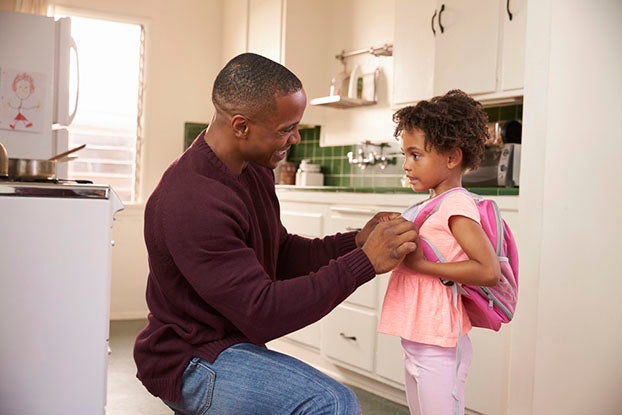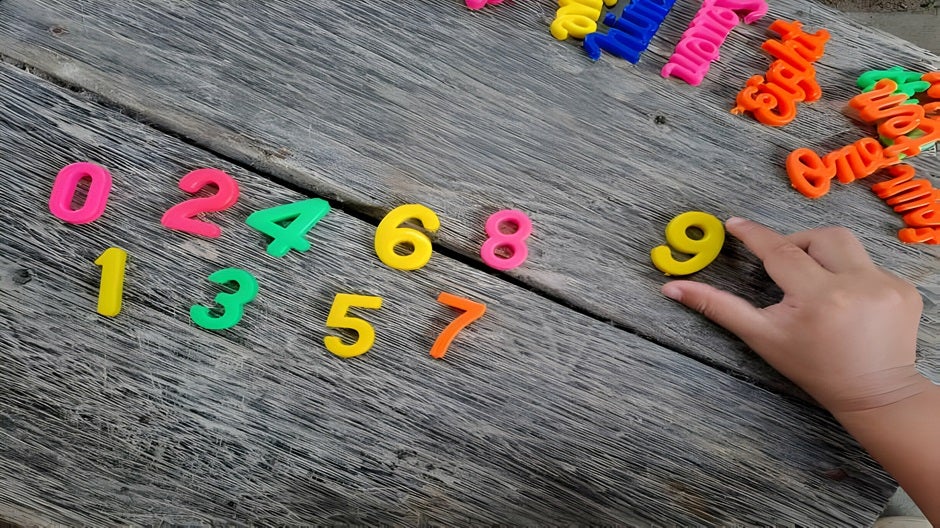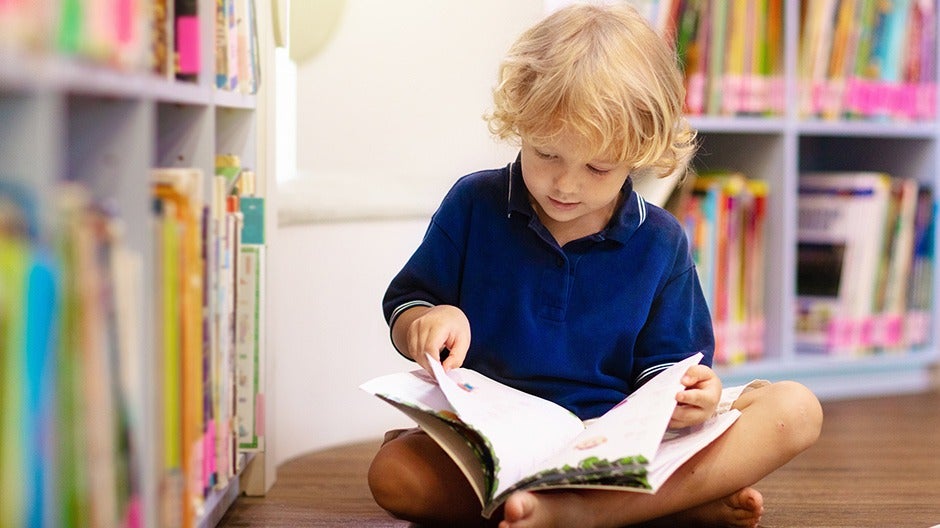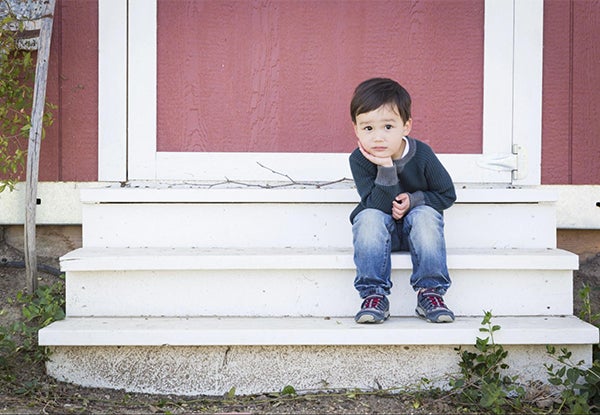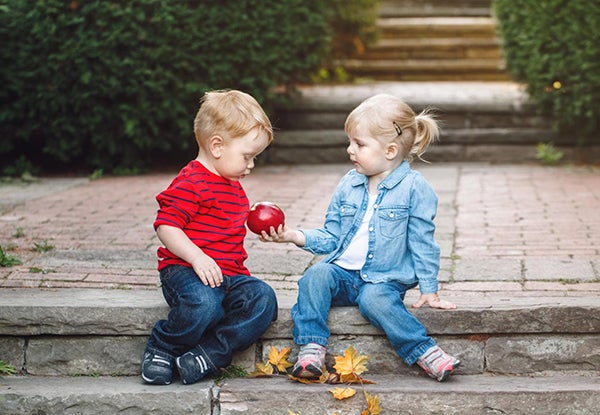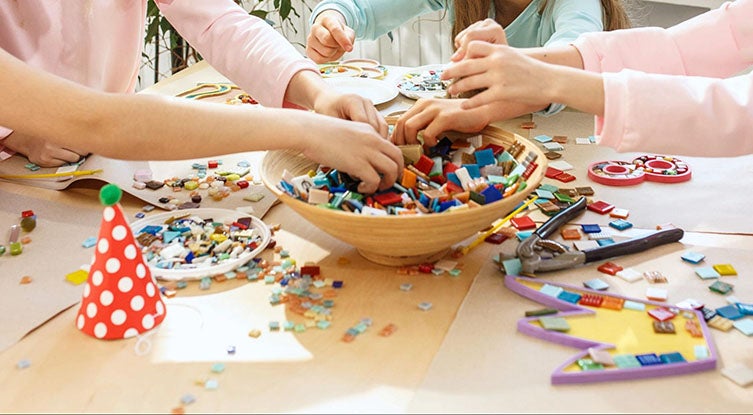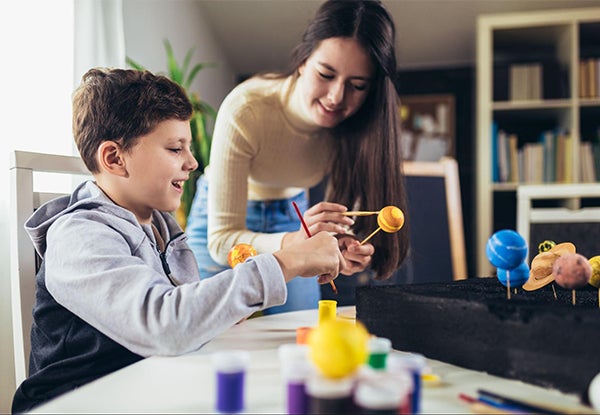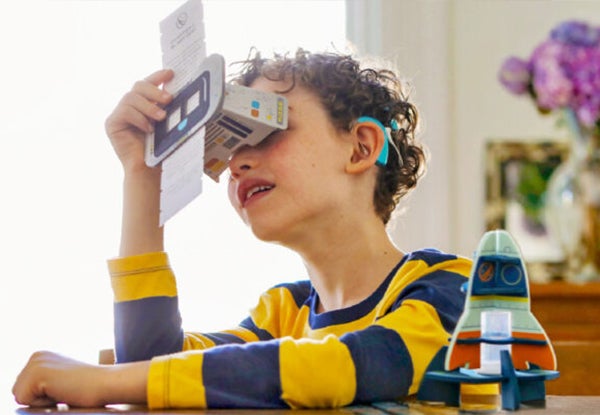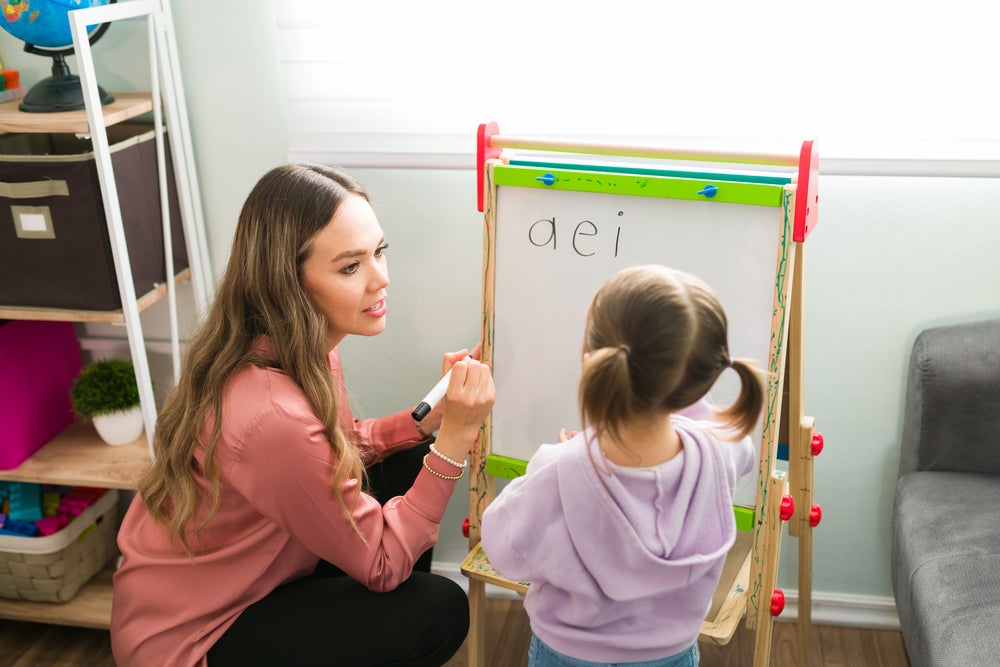Raising a confident child is important. Confident kids are more likely to try new things, take risks, and have a positive outlook on life. If you’re wondering how to build confidence in kids, the experts at HOMER have you covered.
In this article, we share seven strategies to help your child feel more confident. But first, let’s dive a little bit deeper into what confidence really means.
What Is Confidence In Kids?
Confidence is a feeling of certainty that comes from believing in yourself and your abilities. It’s the belief that you can do what you set out to do, and it helps you overcome obstacles and setbacks.
When kids are confident, they are more comfortable making mistakes because they know they can learn from them. For example, they’re more likely to try a new sport, jump off the high dive, or make a new friend.
Speaking of friends, kids with confidence aren’t afraid to share their thoughts and opinions with others. They can disagree without feeling insecure or defensive. As a result, they can build better relationships and learn how to navigate life’s challenges more easily.
By building confidence early on, kids can boldly tackle obstacles throughout their entire lives.
How To Build Confidence In Kids
Now that you know what confidence is, let’s talk about ways to build confidence in kids.
1) Encourage Free Play

If you want to build confidence in kids, make sure they have plenty of time for free play each day. This unstructured time allows them to explore different interests and try new things.
When they’re free to play without adult interference, kids can figure things out for themselves. They learn how to problem solve and come up with creative solutions. And, most importantly, they learn that failure is not the end of the world.
If your child is accustomed to a more structured day, they might need some help learning to enjoy free time. They might even say they’re bored and ask you to find them something to do.
But don’t worry — boredom isn’t a bad thing! When you’re bored, you start to daydream and think of creative solutions and new ideas.
So, acknowledge that your child is bored, and then encourage them to look around their environment to get some ideas. Provide open-ended toys or apps that encourage creative thinking, like the HOMER Learn & Grow App. Then, let them play!
2) Provide Opportunities For Purposeful Communication

Confident kids can communicate with others, so it’s important to provide opportunities for purposeful communication to help your child in this area.
Give them a chance to talk about things that matter to them. Ask open-ended questions about their day, what they’re interested in, or their thoughts on current events.
You can also boost their confidence by giving them a chance to speak instead of answering for them in daily situations. Here are three practical ways to make this happen:
- Schedule a time for your child to FaceTime with their grandparents or someone else who cares about them. Let them chat without you jumping in.
- If you go out to eat, talk about the menu with your child and let them select what they want. Then, encourage them to order their own food.
- Go to a dollar store and have your child choose an item and pay for it.
- If a problem arises, ask your child to brainstorm solutions. Encourage them to think outside the box and share ideas they think might work.
When your child feels like their opinions matter, it boosts their confidence. It also helps them learn how to express themself better.
3) Let Them Make Mistakes

Everyone makes mistakes. But when confident people make a mistake, they don’t let it define them. Instead, they learn from what went wrong and move on.
You can inspire this behavior in your child. If they make a mistake, don’t rush to their rescue. Instead, give them a chance to fix it on their own first. They’ll learn a lot more from this than if you take over and make everything right. They may even have an “I did it” moment!
Of course, you’ll need to step in if the mistake is dangerous. But for small things, let them try to figure it out on their own.
In addition, pay attention to your response to situations. If you yell when your child does something wrong, they’ll learn to fear making mistakes. But, if you stay calm, they’ll learn to handle difficult situations well.
4) Assign Age- Appropriate Chores
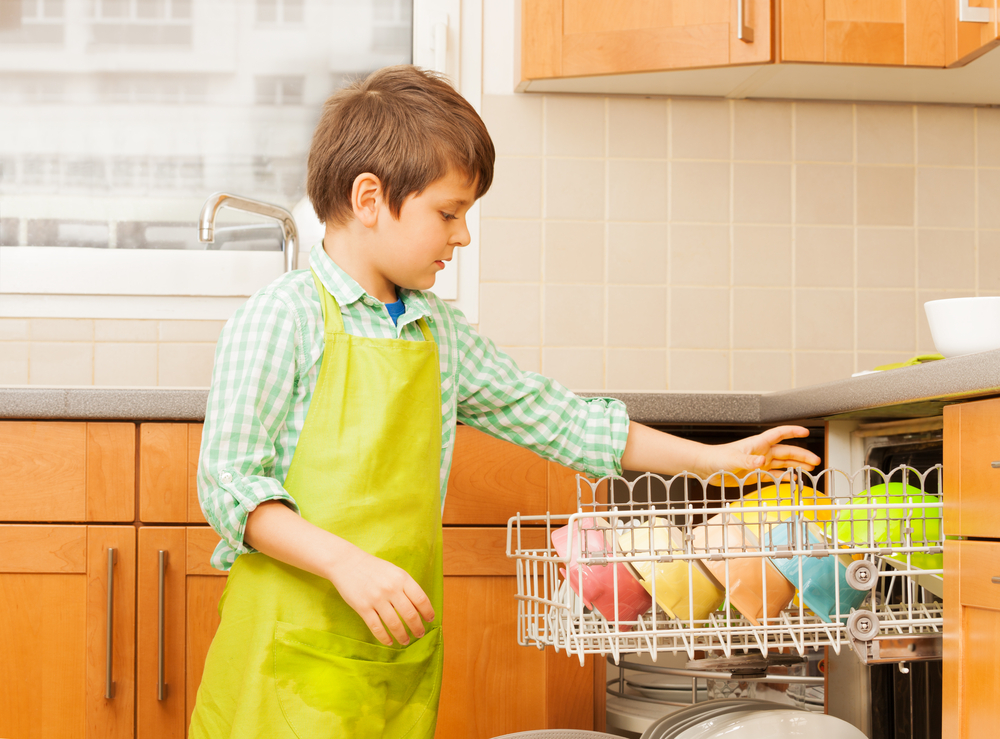
Another way to help your child feel capable and confident is to give them age-appropriate chores. When kids have responsibilities around the house, it teaches them that they’re a valuable part of the family.
Chores also give kids a sense of accomplishment. When they’ve finished, they can look at what they’ve done and know that their effort helped the family.
Talk to your child about any chore you give them, and help them break it down into smaller parts so it’s not overwhelming. Then, teach them how to do each part as you go along.
You may also want to do the chore together a few times. When you’re sure they know what to do, let them try it on their own.
Once they’re finished, don’t go back and redo their work. Instead, embrace imperfection and praise your child for doing their best.
5) Love Your Children Unconditionally

One of the most important things you can do to help build your child’s confidence is to love them unconditionally. Let them know that no matter what they do, you will always love and accept them.
This doesn’t mean you never set limits or use consequences. But it does mean that your child knows you’re always there for them, no matter what.
When kids know that your love isn’t tied to their behavior or performance, it gives them the courage to try new things. They won’t feel like they have to be perfect to be accepted by their parents.
6) Model Confidence
Your own personality is a big part of your child’s confidence journey. Kids care about what you think, and they learn a lot from watching you.
Simply put, if you want your child to be confident, you need to show them what confidence looks like. Be sure to speak positively about yourself in front of your children. Let them see that you believe in yourself and can handle both happy and difficult situations.
When you’re feeling down, don’t hide your feelings. Instead, show your child that it’s OK to feel sad or scared sometimes. Modeling how to work through those feelings can show your child what resilience looks like.
In addition to embracing who you are and working through your emotions, let your child see you try new things. Start a new hobby, and don’t quit if your first few attempts don’t work out.
When your child sees you trying and then trying again if you fail, they’ll be more likely to take risks and do the same.
7) Let Your Child Be The Expert
Nurture your child’s passions and let them be the expert on those things. This boosts their confidence and makes them feel capable.
For example, ask them to teach you about the things they’re interested in. Then, ask them questions about what they’re doing and truly listen to their answers.
When your child knows you’re invested in what they’re doing, it makes them feel important and shows that you value their knowledge.
How To Build Confidence In Kids: Never Give Up On Them
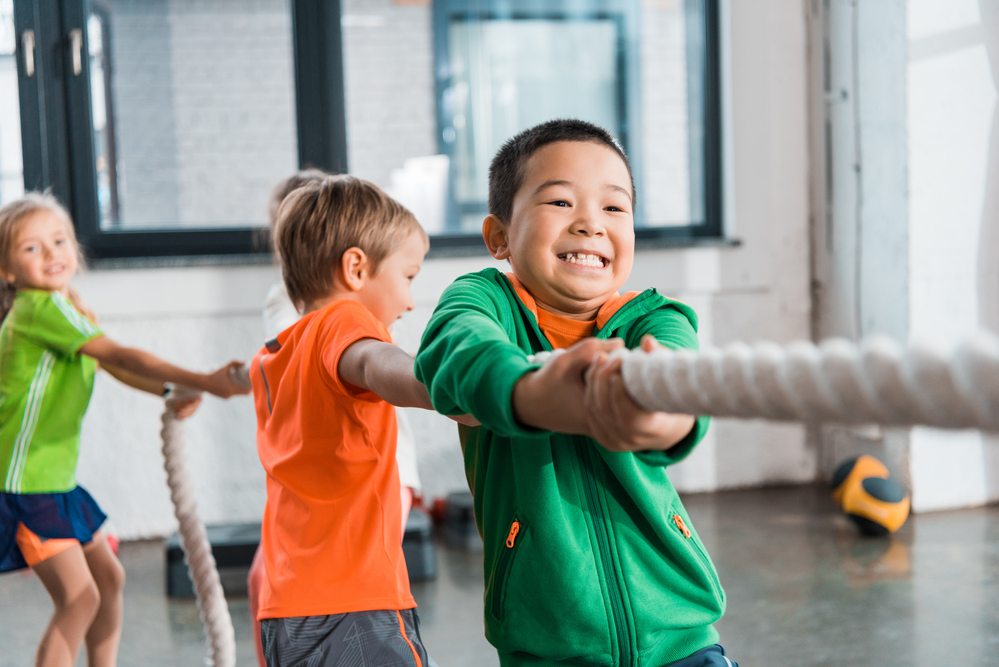
As a parent, you may wonder often how to build confidence in kids. It’s not always easy, but there are ways to help your child become empowered, feel valued, and develop resiliency. Use our seven tips as a starting point, and continue to build on them as your child grows.
If you’re looking for a fun, hands-on, confidence-boosting activity to do at home, our Explore Feelings Kit is a great option! It can reduce your child’s anxiety about new things and grow their confidence.
With our kit, kids get the opportunity to practice and expand upon skills they are learning before testing them out in real life. This is where curiosity and endless possibilities come together for your child!
Tip: If you don’t see a boost in confidence right away after implementing the tips in this article, that’s OK. Confidence grows over time. Keep encouraging your child to try new things — and to try, try again.
Pretty soon, you’ll notice them holding their head up high while making new friends, tackling assigned activities, and boldly conquering whatever is in front of them.

